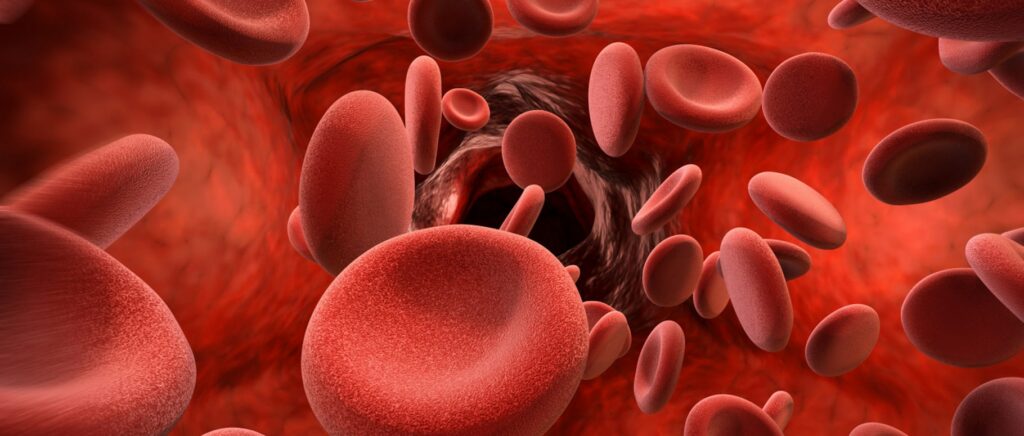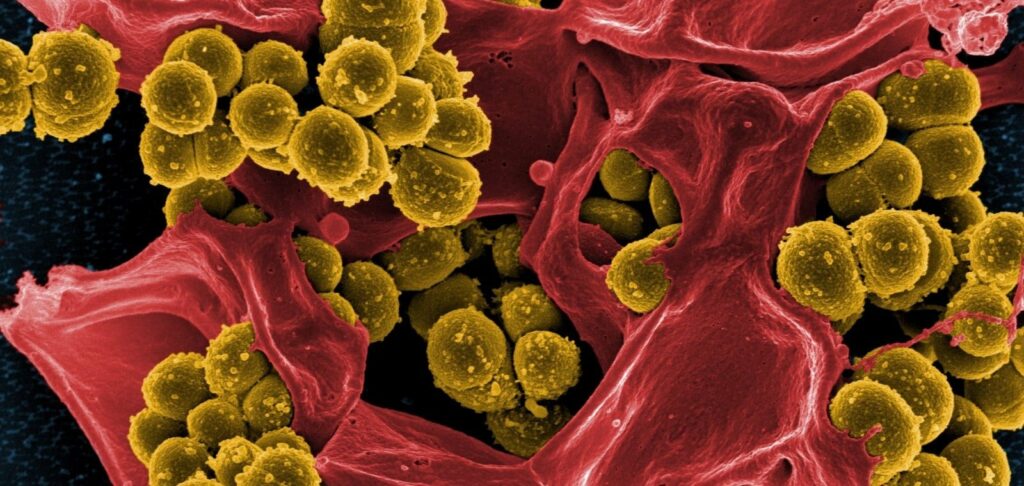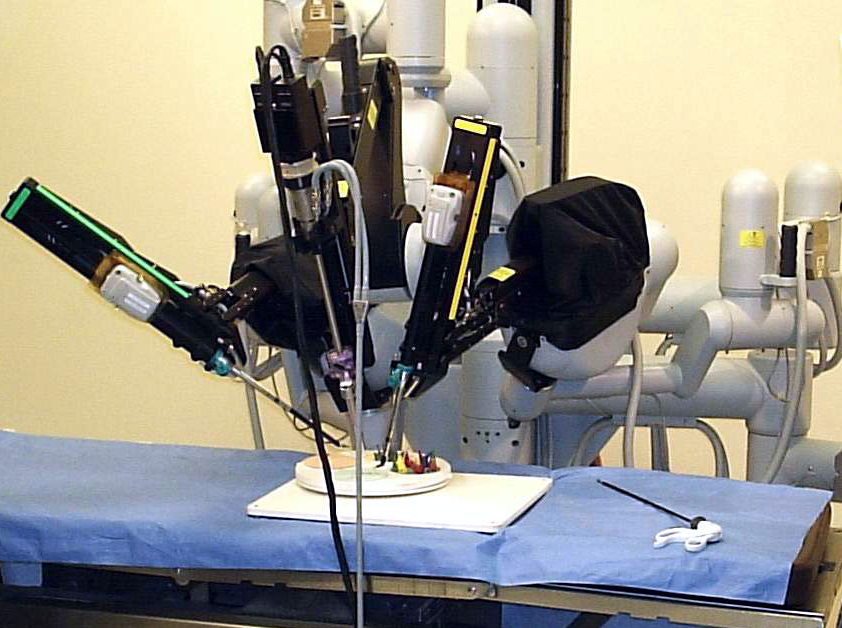
As we age, our bodies begin to wither, leading to age-related diseases and death. The rate at which we age and die is determined by many complex and interrelated factors, such as genetics, lifestyle, and environment. Proteins play an important role in this process.
Some people naturally have higher or lower levels of certain proteins because of the DNA they inherited from their parents. These protein levels can, in turn, affect a person’s health.
Researchers from the University of Edinburgh have combined the results of six large genetic studies of human aging, each containing genetic information on hundreds of thousands of people. Among the 857 proteins studied, the researchers identified two that had a significant negative effect on various indicators of aging.
People who inherited DNA that caused elevated levels of these proteins were weaker, had lower health scores, and were less likely to live long lives than those who did not.
The first protein, called apolipoprotein (a) (LPA), is produced in the liver and is thought to play a role in blood clotting. High levels of LPA may increase the risk of atherosclerosis, a condition in which arteries become clogged with fatty plaques. People with high levels of LPA often die from strokes and other cardiovascular diseases.
The second protein, vascular cell adhesion molecule 1 (VCAM1), is mainly found on the surface of endothelial cells, the single-cell layer that lines blood vessels. The protein controls vascular dilation and constriction, as well as blood clotting function and immune response.
Levels of VCAM1 increase when the body sends signals indicating infection, allowing immune cells to cross the endothelial layer and increase inflammation. The expression of this protein is also known to increase with age.
Thus, according to the largest genetic study of aging, developing drugs that target these proteins could be one way to slow the aging process.
One such example is a clinical trial of a drug to lower LPA as a way to reduce the risk of heart disease. There are no clinical trials of VCAM1 inhibitors yet, but studies in mice have shown how antibodies that reduce levels of this protein improve cognitive function in the elderly.
Shutterstock/FOTODOM UKRAINE photos were used
Paul R. H. J. Timmers et al, Mendelian randomization of genetically independent aging phenotypes identifies LPA and VCAM1 as biological targets for human aging, Nature Aging (2022). DOI: 10.1038/s43587-021-00159-8



